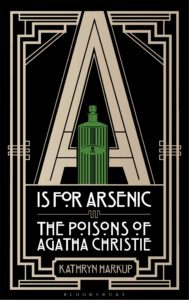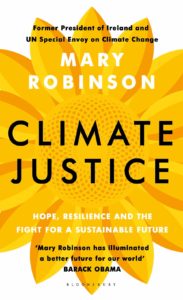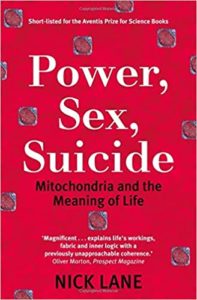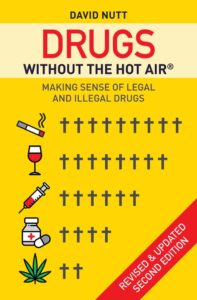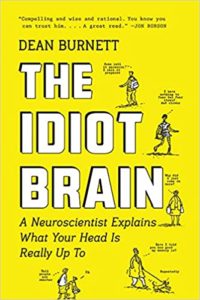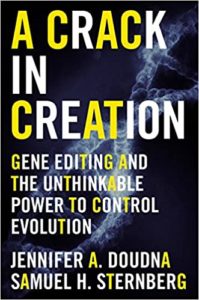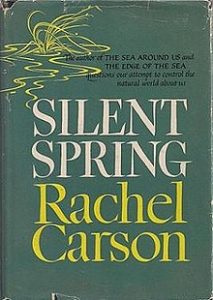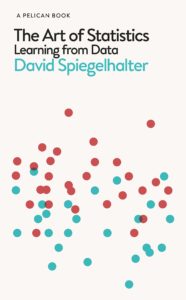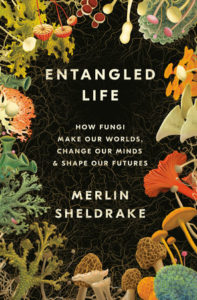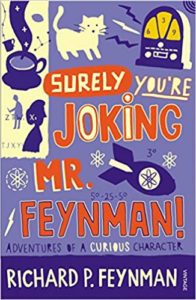With another lockdown underway many of us have much less time in our labs than we would wish and it looks as though this could continue for some time! So, to help take people’s minds off of all the doom and gloom we’ve put together this list of popular science books for some escapism (or not, topic dependent, we take no responsibility if the escapism isn’t sufficient!). Whether you’re looking to read more in your own field or something totally new, I’m sure there’s something for everyone here. Please try and support your local bookstore where you can!
A is for Arsenic – Kathryn Harkup
One for the literary fans! This book is all about the science behind the poisons that Agatha Christie used in her books and plays. Did you know she worked as a pharmacist during both world wars? This is where she gained much of her knowledge about poisons and medicines. The book explores 14 different compounds, taking you through their history, uses by Christe and the effects they have on the body.
Climate Justice – Mary Robinson
Written by the former President of Ireland and UN Secretary-General’s Special Envoy on Climate Change, this book is a series of stories from people on the frontline of climate change. They discuss the effects that climate change is having on their communities and how they are trying to tackle it. Whilst it is a sobering book, the overall message is one of hope; hope that together we might yet be able to change the direction we’re heading in.
Power, Sex and Suicide – Nick Lane
At school we all learned that “mitochondria are the powerhouse of the cell” and since then it’s become a meme. Here Nick Lane explores the role of mitochondria in more detail as well as explaining how they came to be so important to life as we know it when they were once free roaming bacteria in their own right. Nick has also published several other books on various aspects of evolutionary biochemistry.
Drugs without the hot air – David Nutt
Much of the discourse around drugs seems to begin and end with “drugs are bad, don’t do them” without much discussion in the middle. However this is starting to change and a more balanced discussion is opening up. This book examines the role of alcohol and tobacco, legal drugs, in our society and compares them to illegal drugs (cannabis, LSD etc). Are we missing out on potential therapeutics with our one track view of many of these compounds? Should alcohol and tobacco be the illegal ones? An important book to read for everyone.
The Idiot Brain – Dean Burnett
I’m sure we’ve all felt betrayed by our own brain at times, probably more so over the recent months! What happens in the mysteries of the human mind that make it so determined to cause us problems is a question that has long vexed scientists. Burnett explains these quirks and imperfects from a neuroscientist’s perspective with an excellent sense of humor throughout.
A Crack in Creation – Jennifer Doudna and Samuel Sternberg
Although it may feel like another lifetime ago it is only a two years since the first CRISPR babies were announced by a rouge scientist in China. Last year Jennifer Doudna was one of the recipients for the Nobel Prize in Chemistry for her work on CRISPR. In this book she tells the story of her work but, most importantly, discusses the ethics of using her discovery and what it could mean for the future of human society. Ethics are something we often don’t consider in enough detail with our own work, hopefully this is a wake up call to their importance in everyday scientific discourse.
Silent Spring – Rachel Carson
One of the oldest books on this list but also one of the most impactful, this is the story of the effect pesticides have on the environment. This book brought the harmful effects of DTT to the attention of the general public and, despite much resistance, was partly responsible for the laws limiting its use in America. Named one of the “25 greatest science books of all time” it is still scarily relevant today (especially with the UK government trying to re-instate the use of neonicotinoids).
The Art of Statistics – David Spiegelhalter
Statistics plays a key role in our understanding of science yet often elicits groans from anyone nearby. This book presents statistics in an accessible manner that will engage even a hardened maths-hater. Questions such as “How many trees are there on the planet?” and “Why do old men have big ears?” are used to present different aspects of stats in contexts that are relevant to all.
Entangled Life – Merlin Sheldrake
This is top of my reading list for this year! As anyone who’s studied biology can tell you, fungi are just a bit weird. We eat them, we use them to produce medicines and to digest plastic but we’re only really just starting to understand how they work and their role in ecosystems. This book explores these areas, among many others, and aims to get across just how vital fungi are for life on Earth.
Surely you’re joking Mr Feynman – Richard Feynman
Another classic pop-sci book this looks at the human side of science. It’s a series of anecdotes from a set of recorded conversations Feynman had with his close friend, Ralph Leighton, covering much of his most important work. Although some of it is outdated now and attitudes have changed, it is an important reminder that science isn’t done in a vacuum, the human element is just as important.
If you have any further suggestions of pop-sci books why don’t you let us know on Twitter (@BBSRCWhiteRose)? This post was put together with many suggestions from the twitter academic community and is only a small selection of the many fantastic books out there!


